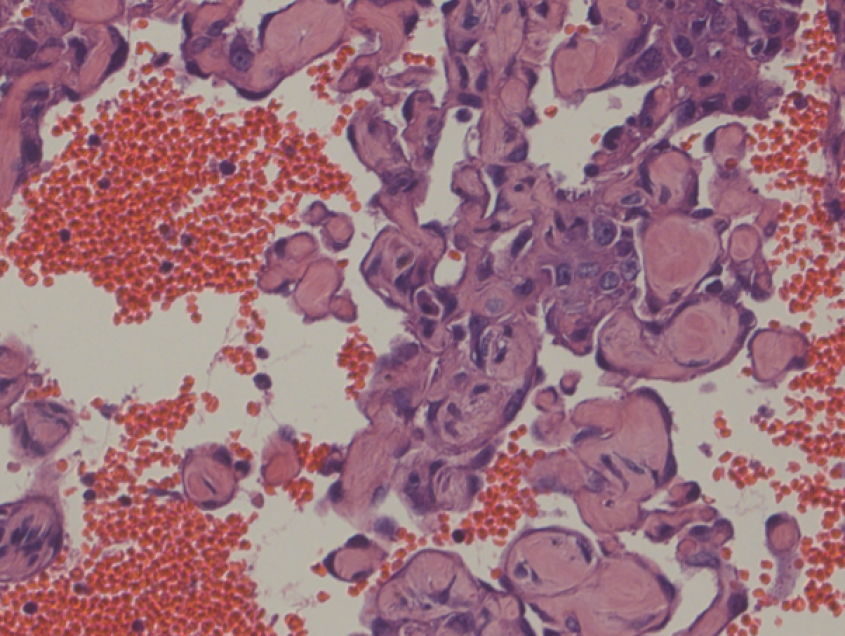WGRZ: Canine cancer research at Cornell University
Note: This news item features content from another page. View the featured content for this news item.
The increased attention to canine cancer may reflect their growing importance in our daily lives. Sixty-eight percent of American households live with a pet, and that includes almost ninety million dogs.
"The role of pets in our lives and enriching our lives is definitely helping to sort of increase the support for research on their diseases," Dr. Hume said. "But I think equally important is that we're sort of recognizing that because those animals live in the same environment as we do, that is also such an opportunity to learn about things relative to us as well."
One of the most aggressive forms is Hemangiosarcoma. It's unique to dogs but can also be found in cats, and it's particularly deadly. Often by the time it's diagnosed, it's too late to treat.
The Baker Institute at the university is dedicated to research in this field. Dr. Scott Coonrad is Professor at the Baker Institute.
"There's not many people that research Hemangiosarcoma because, even though it's fairly common, it's not as common as Lymphoma in dogs, for example," he said. "Fortunately it's not a very common disease in humans, I think only a few hundred people get the analogous disease, so there's very little human research in this area."
The Cornell research is crafting a hopeful future. They are close to isolating a biomarker in the blood that could reveal the disease in it's early stage.
"It would just be a molecule circulating in the blood that most likely is arising from the tumor, or is in response to the tumor," Coonrad said.
That discovery would bring much needed knowledge to families dealing with this devastating disease.
"The owners may decide to put the dog down because they think it's Hemangio, but it may not be," he said. "So if there was this really rapid sort of biomarker it would be a really big advantage for the clinicians and for the owners to get some peace of mind, at least knowing what their dog has."
For more information on Cornell's research, click here.





